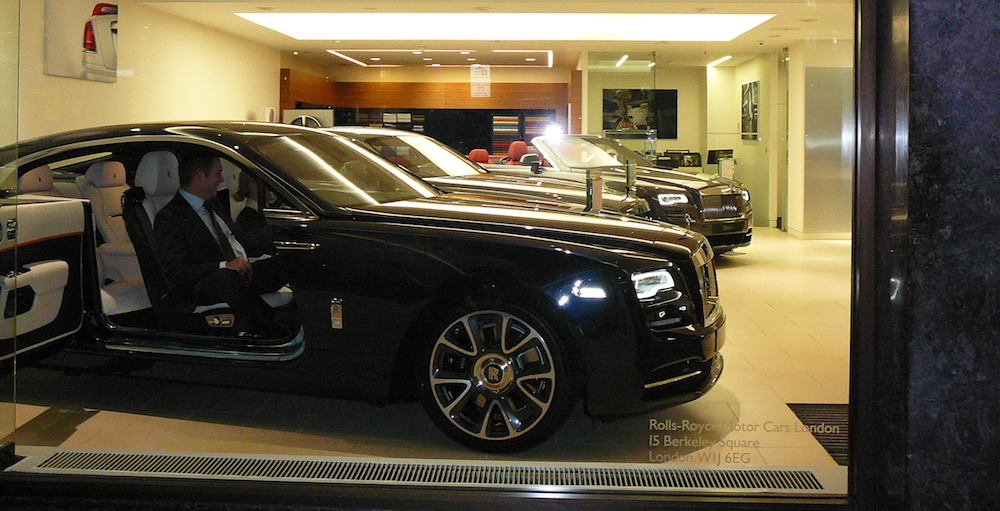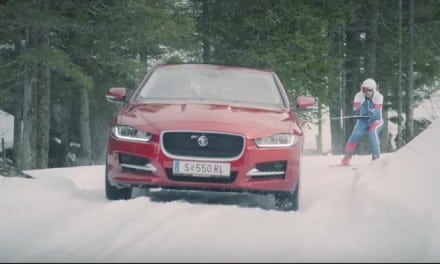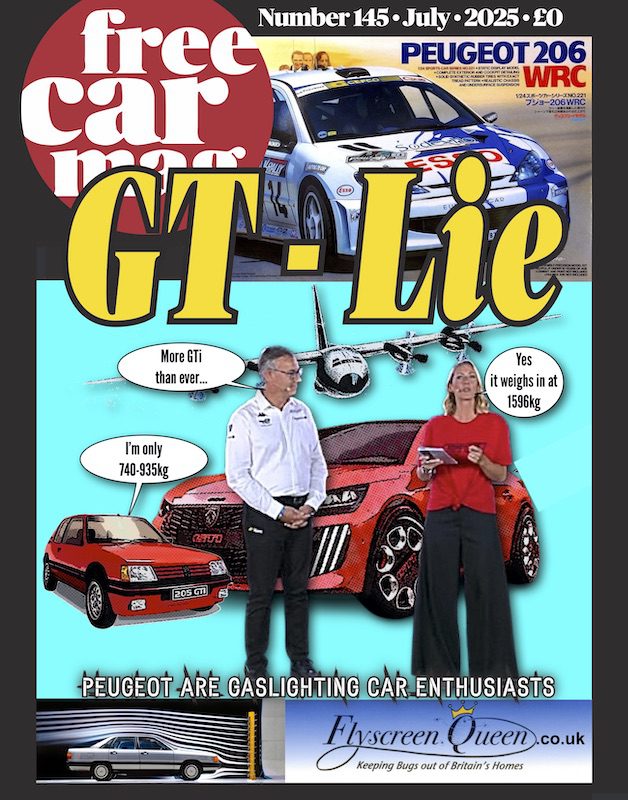As we bid farewell to 2023 and welcome the new year, it’s time to take stock of the ever-evolving automotive landscape. The car market, encompassing both new and used vehicles, has seen its fair share of twists and turns over the past year. Shahzad Sheik tells us what he thinks from his expert perspective.
Used Car Market 2023
Let’s kick things off with the used car market, which witnessed a wild ride in recent years. In the wake of the pandemic, we saw used car prices skyrocket due to a supply shortage coupled with surging demand. Sellers seemingly had the upper hand, dictating prices as they pleased.
However, 2023 brought some relief for used car buyers. Prices began to soften, marking the most significant drop in over three years. In December, the average used car price stood at £17,304, representing a year-on-year reduction of 3.9%. Yet, it’s worth noting that this was still higher than the pre-pandemic average of less than £13,000.
Several factors contributed to this softening of prices. Firstly, the supply of used cars stabilized as new car production returned to pre-pandemic levels. Secondly, fluctuating fuel prices, including electricity, played a role in the market’s readjustment. Additionally, the ongoing cost of living crisis and rising interest rates have impacted consumer sentiment, affecting their willingness to purchase new vehicles.
In the midst of these changes, the UK saw a 5.5% growth in the third quarter, translating to nearly 2 million used cars changing hands. However, this growth is still below the pre-pandemic figure of 9.3%. Used electric vehicles (EVs) experienced a significant depreciation, making them attractive options for those considering a shift to electric without the hefty new car price tag. Sales of used EVs increased by nearly 100%, capturing 1.8% of the market share.
New Car Market 2023
Moving to the new car market, 2023 saw a resurgence in car production, both globally and in the UK. This revival was primarily driven by the stabilisation of supply chains, including crucial components like semi-conductors and computer chips. Pent-up demand remained strong, causing sales to surge and prices to remain high.
Electric vehicles started to assert themselves in 2023, ranking second only to petrol cars in terms of overall sales volume. Regardless of one’s personal stance on EVs, the year witnessed record interest and sales in electric vehicles. The Tesla Model Y, in particular, became the best-selling car worldwide. UK production of electric, plug-in hybrid, and hybrid vehicles increased by 20.0% in November, representing 38.3% of total manufacturing output.
However, it’s worth noting that a significant portion of the sales growth in EVs can be attributed to fleet sales. As incentives like subsidies and tax breaks for EVs begin to wane, private sales have faced challenges. In November 2023, EV sales were down 29% compared to 2019, accounting for just 1 in 10 of all retail sales. Concerns regarding EV ownership, such as range anxiety, charging infrastructure, higher purchase prices (although cheaper in the used market), and rising insurance costs, have contributed to these figures.
In summary, 2023 saw some notable changes in the automotive landscape. New car prices began to contract, albeit remaining relatively high. Car production ramped up, with a notable emphasis on electric vehicles. In contrast, the used car market began to stabilise, but a shortfall in new car production during the pandemic years will likely lead to a shortage of sought-after three-to-five-year-old vehicles for the next couple of years, due to approximately 3 million “lost” cars between 2020 and 2022.
Used Car Market in 2024
Robust demand for used cars is expected to persist in 2024, with transactions estimated to increase to 7.24 million sales, compared to the 7.17 million forecasted for 2023. As more new cars enter the market and demand stabilizes, we can expect further downward pressure on used car prices. EVs and higher-end nearly-new cars may offer the best bargains.
Additionally, non-ULEZ (Ultra Low Emission Zone) compliant cars, while showing signs of price recovery, are likely to remain relatively affordable. Anticipating stricter emission zones to be introduced in other parts of the country, outside of London, especially if a Labour government takes office, demand for these vehicles might fall off quite dramatically. Consequently, older cars may face increased pressure as they become less viable in such zones.
New Car Market 2024
In the new car market, consumers can anticipate a return of bargains, special offers, enticing finance deals, and overall discounts. After years of limited supply, dealers will be more willing to negotiate. Sales are expected to grow by approximately 4%, from 1.89 million in 2023 to 1.97 million in 2024.
Several manufacturers are expanding their electric car offerings, with some even moving toward exclusively producing electric models. This shift is driven by regulatory pressures, such as the Zero Emission Vehicle (ZEV) Mandate, which decrees that a portion of brand sales must be zero emission to avoid hefty fines. While the mandate aims for 22% in 2024 rising to 80% by 2030 and 100% by 2035, current EV sales across brands average around 16%, with some as low as 3%.
Overall though 2024 holds much promise for car buyers. Prices are expected to normalise in the used car market, while new car buyers can look forward to enticing deals and a wider selection of vehicles equipped with cutting-edge technology. We may even see fully integrated generative AI in cars by the end of the year, enhancing the driving experience.
For those who appreciate classic, old-school cars with manual transmissions, there’s still time to savour these vehicles before they become rare finds. As we navigate the evolving automotive landscape, one thing is certain: the car industry is changing and transitioning spectacularly, and you need to be aware of these changes to make informed car-buying decisions. Keep following BrownCarGuy.com!
BrownCarGuy.com
YouTube.com/BrownCarGuy
Facebook.com/BrownCarGuy
Instagram.com/ShahzadSheikh
Twitter.com/Shahzad_Sheikh











